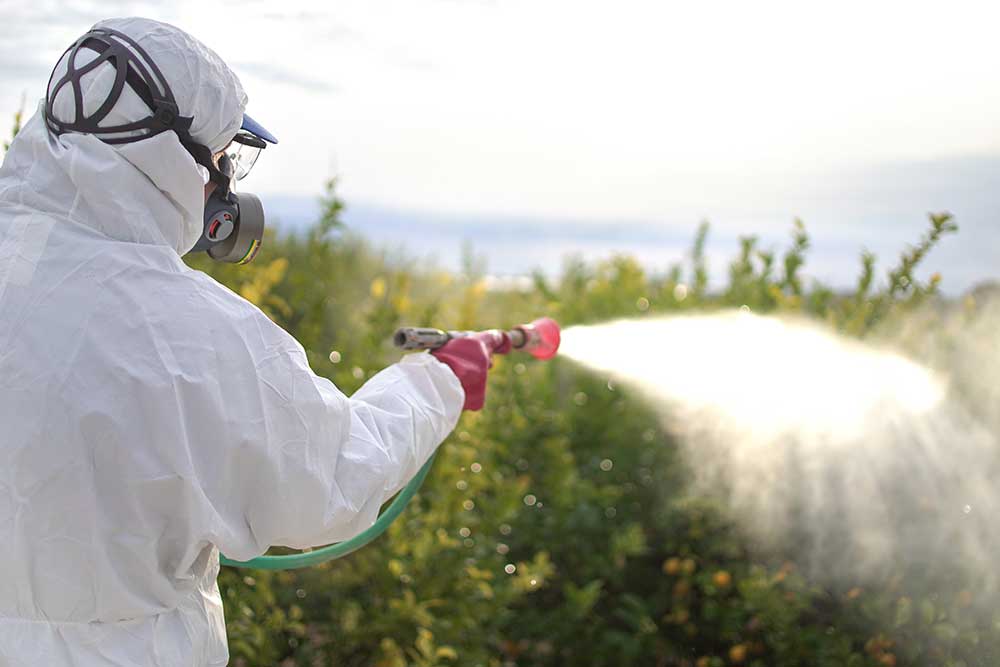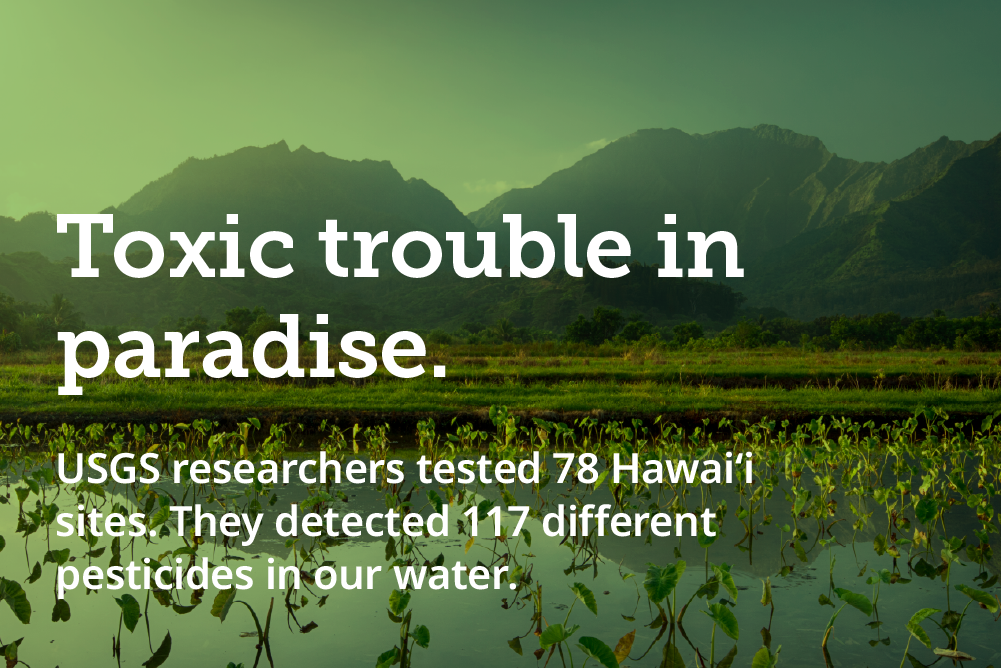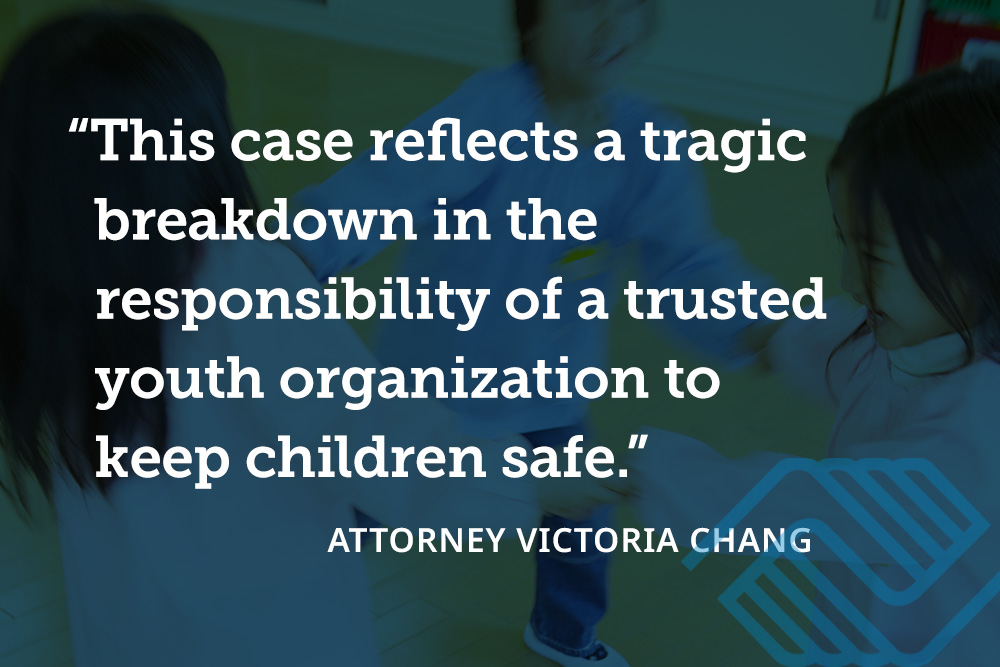
Pesticides are a key contributor to climate change – posing risks to the environment, public health, and food security – while their effectiveness is declining, according to a recent study.
Developed by Pesticide Action Network North America (PANNA), the study describes a vicious cycle: pesticides add emissions to the air that contribute to climate change, and as temperatures rise, so do the number of pests and insects. More insects encourage agricultural workers to use more pesticides.
This problem is further exacerbated by the fact that greenhouse gas emissions from pesticides are understudied and underestimated.
The Environmental Impact of Pesticides
Producing one kilogram of pesticides requires about 10 times more energy than one kilogram of nitrogen fertilizer, an agriculture chemical with known negative environmental impacts. Meanwhile, some pesticides like sulfuryl fluoride are themselves greenhouse gasses – emitting one ton of sulfuryl fluoride is equivalent to emitting nearly 5,000 tons of CO2. According to researchers, the issue is further complicated by oil and gas companies, which profit from pesticides. Ninety-nine percent of synthetic pesticides are derived from petroleum.
Higher Demand, Questionable Efficacy
As temperatures rise, crops become less resilient due to heat stress, changing rainfall patterns, and more pests. This leads to greater demand for synthetic chemicals and pesticides. Indeed, the global synthetic pesticide industry is predicted to grow substantially in the coming years: estimated at $16.3 billion in 2021, it is anticipated to grow to $27.6 billion by 2031.
However, some researchers note that less than .01 percent of pesticides even reach the pests they’re intended to target. This figure is especially low when it comes to flying insects like mosquitoes. Consider this: based on an estimate that target mosquitoes only receive about 0.0000001% of aerial spray, 1 million insecticide droplets must be produced to hit only one target mosquito. Consequently, excess chemicals end up in the soil, water, air, and on other plants. Hot temperatures further aggravate this problem by rendering pesticides into a toxic gas.
Pesticides, Cancer & Birth Defects
Meanwhile, the human toll of pesticide use is significant. According to the Environmental Protection Agency, there are an estimated 300,000 human pesticide poisonings in the United States resulting from applying pesticides. The global number is much greater, with 26 million human pesticide poisonings and 220,000 deaths each year.
Exposure to glyphosate, the key ingredient in Monsanto’s RoundUp, increases a person's likelihood of developing cancer by 41%, according to an analysis by University of Washington researchers. Pesticides may also lead to birth defects when parents are exposed to them before or during pregnancy. These chemicals may damage the mother’s or father’s chromosomes leading to issues in fetal development.
A Potential Solution: Agroecology
Given the link between pesticides and climate change, and the human costs associated with pesticide use, there is a need to reduce reliance on them. This is especially true given their declining efficacy.
Agroecological farming offers a solution by promoting ecological processes that adapt to local conditions as well as practices such as intercropping (where two or more crops grow together to increase biodiversity and promote plant health.) Agroecology also prioritizes the health of farmers and agricultural workers. According to the PANNA report, agroecology leads to better public health, improved food security, and enhanced biodiversity.
According to one of the PANNA report’s co-authors, “conventional farming methods don’t account for environmental externalities and health costs.”
The report acknowledges that a change across the entire food production system would be costly and encourages the use of incentives such as subsidies, similar to those introduced for transitioning to green technology.
How We Help Victims of Pesticide Exposure
Seek justice with the help of our experienced lawyers. For 20 years, our pesticide law firm has battled corporate giants on behalf of individuals like you, aggressively fighting to hold them responsible for dangerous chemicals and the birth defects and personal injuries they cause. If you or a loved one has suffered adverse health effects caused by dangerous products, we can help.






